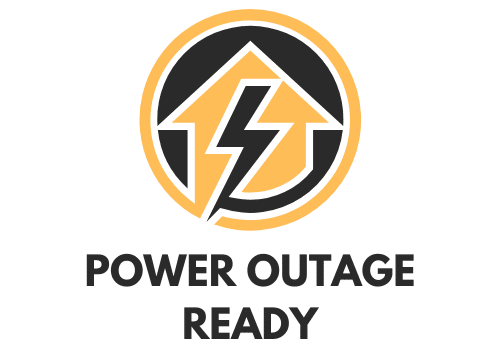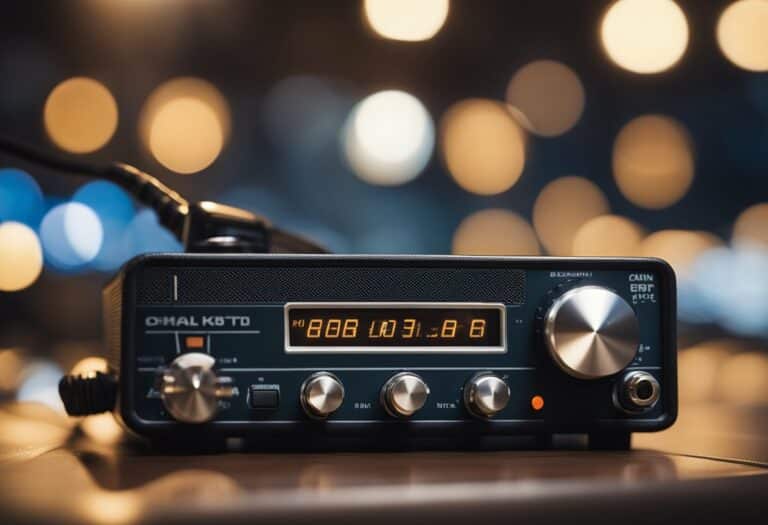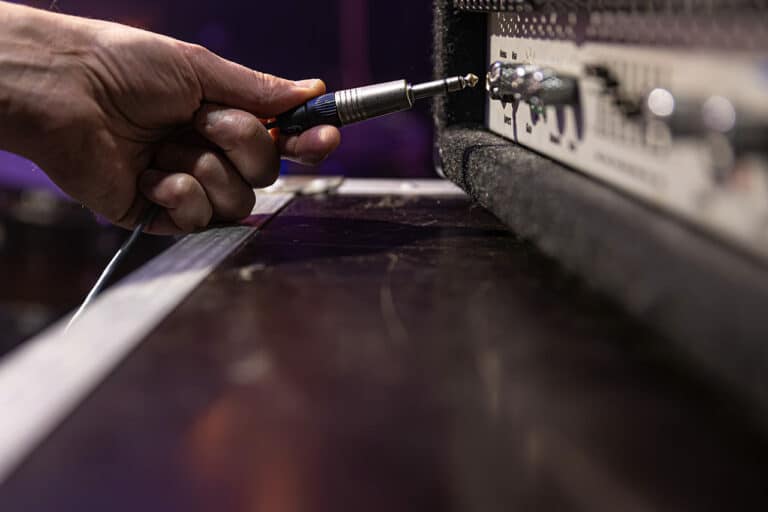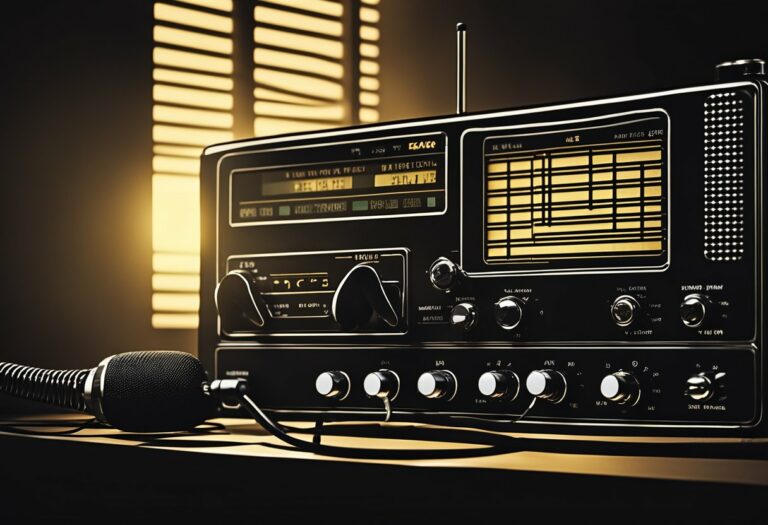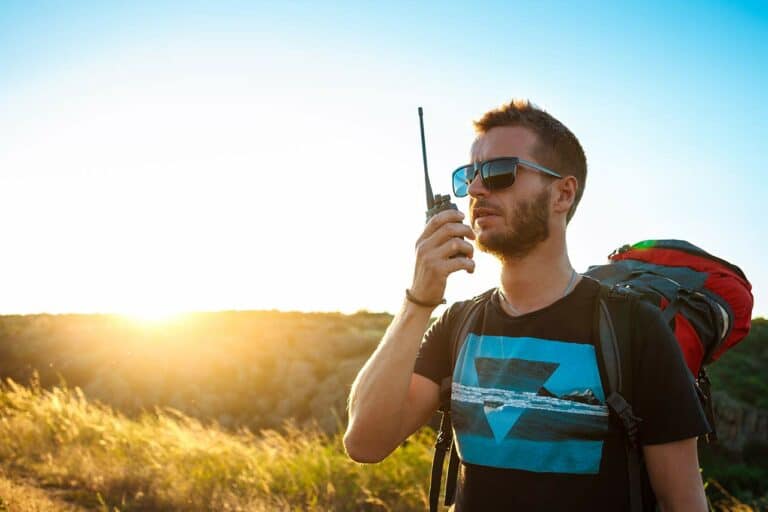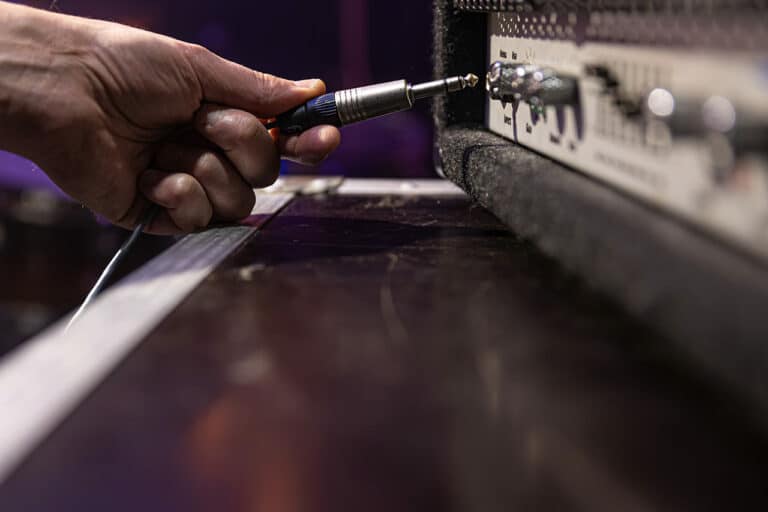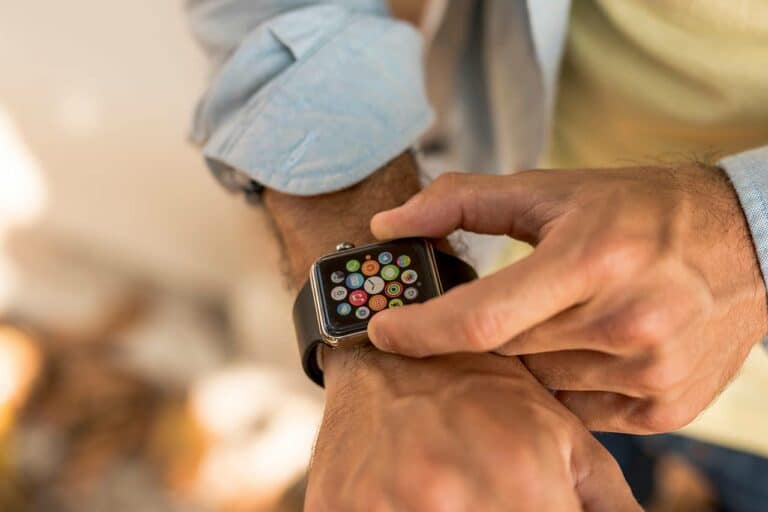Why You Need Alternative Forms Of Communication In A Power Outage (Tips For Staying Connected)
When a power outage strikes, whether it’s due to natural disasters, accidents, or infrastructure failures, you’ll quickly realize how much we depend on electricity for communication, making it even more critical to have alternative ways to stay connected during these challenging times.
One reason you need alternative forms of communication in a power outage is to ensure you’re informed about the scope of the outage, updates on restoration efforts, and any essential safety information. Many authorities like the FCC and FEMA recommend having backup power such as charged batteries and car-charger adapters for your wireless devices, as well as maintaining a list of emergency phone numbers.
Another critical aspect of communication during power outages is coordinating with your family and loved ones. Establishing a family communication plan, such as designating someone outside the affected area as a central contact, can make a huge difference in ensuring everyone’s safety and bringing peace of mind when the power is out. So, it’s crucial to explore different communication alternatives that can help you stay connected when it matters the most.
Importance of Alternative Forms of Communication in a Power Outage
In our digital age, it’s easy to take our ubiquitous communication channels for granted. Yet, these systems, while robust, are not immune to failures, especially during power outages. Understanding the vulnerabilities of standard communication methods underscores the significance of having alternatives.
Internet-based Communication
Many households have shifted towards internet-based communication methods, like VoIP phones, emails, or messaging apps. But these services rely on both power and active internet connections. Modems, routers, and the larger infrastructure supporting internet services require electricity, making them susceptible to outages.
Vulnerabilities of Cellular Networks
While it might seem like cell towers are invincible, and will stay up and running during an outage, they are dependent on power just like any other electronic infrastructure. When a power outage strikes, many cell towers may have backup battery systems or generators, but these are finite resources. If the power outage is prolonged, or if refueling the generators becomes problematic due to external factors (like natural disasters), these towers can go offline.
Network Overload
Even if cell towers remain operational, they might become overwhelmed due to increased usage during crises. People instinctively reach out to loved ones and emergency services, leading to a surge in call volumes. This sudden spike can clog the network, making it difficult to get a stable connection.
Dependency on Charging
Modern smartphones, while versatile, are battery-operated. If the outage lasts for an extended period, and you don’t have a power bank or an alternative means to charge your phone (like a car charger), your device can quickly become a paperweight.
Landlines Aren’t Immune
While traditional landline phones can be more reliable during power outages, especially if they’re not cordless, they can still be affected. Disruptions to the physical infrastructure, such as downed telephone lines from storms, can render them useless.
Given these potential points of failure, you might see how relying solely on traditional communication channels during power outages is risky. By preparing with multiple backup options, you can ensure that when one method fails, another can take its place, keeping you connected in critical moments.
Alternative Forms of Communication
During a power outage, it’s important to stay connected and informed about what’s happening in your surrounding area. These are some of the ways you can stay connected and know what’s going on when the grid is down and traditional means of communication might fail.
Staying In Touch With Family & Friends
In the immediate wake of a power outage, ensuring the safety and well-being of loved ones becomes paramount. Here are some communication tools that can help you stay connected with your family and friends.
- Cell Phones: Yes, it’s possible the cellular network might get clogged up, but, until that happens, your everyday communication device – your cell phone – might be your best asset. Until it runs out of battery, you should have some capabilities to contact people. Just use text when you can, as texts require less bandwidth and less battery power, which means you can keep your phone charged longer and avoid adding to the clutter to the network, which should be kept open for emergencies.
- Walkie-Talkies and Two-Way Radios: These handheld devices offer instant communication over short distances without any dependence on external networks. They’re especially useful if you have family members in nearby locations or if you’re coordinating with neighbors.
- Satellite Phones: In moments where cell towers fail, satellite phones become invaluable. They provide direct communication via satellites, ensuring you can reach out to family or friends irrespective of local network disruptions. They are straightforward, providing instant communication without the need for setting up or searching for signals.
- Ham Radio: For those with a license, ham radios offer a broad range of communication distances, from local to international. They can be essential if you have family members in distant locations and need to ascertain their safety immediately. But they also require a power source, so you’ll need some form of back-up power to keep them running during an outage.
Staying Informed About the Power Outage
To navigate the challenges of a power outage, being informed is vital. Knowledge about the scope of the outage, expected duration, and safety precautions can make all the difference. Here’s how you can stay informed without power:
- Text Alerts: Most utility companies offer outage alert systems. By signing up, you get immediate notifications about the power situation in your area. These alerts come directly as SMS messages, making them accessible even when data networks might be down.
- Social Media: Platforms like Twitter and Facebook become hubs of real-time information during crises. By following local agencies, news outlets, and utility companies, you can get instant updates on the situation. Just make sure you have a backup power source for your device so you can access these platforms when needed.
- CB Radios: While they can be used for personal communication, and often are, CB radios are also utilized by truckers, local agencies, and sometimes even news outlets for real-time reporting and updates. Tuning into CB channels during a power outage can provide immediate insights into the ground situation.
- Ham Radio Networks: Beyond personal communication, ham radio networks often become active hubs of information exchange during emergencies. Local ham radio groups and operators frequently share updates, news, and safety tips, making it a valuable resource for staying informed.
The Power of Preparedness in Communication
In today’s interconnected world, losing our primary means of communication, even briefly, can feel disorienting and isolating. Power outages, while unpredictable, underscore the importance of diversifying our communication toolkit. Whether it’s checking on a loved one or receiving timely updates on a crisis, having an array of communication options ensures that we’re never truly in the dark.
By understanding the vulnerabilities of our daily communication methods and proactively adopting alternative tools, we not only equip ourselves for emergencies but also fortify our connections with those who matter most. In the face of adversity, staying connected isn’t just about information—it’s about community, care, and resilience. So, as we move forward in our digital age, let’s also remember the value of preparation and the timeless importance of reaching out, no matter the medium.
